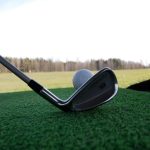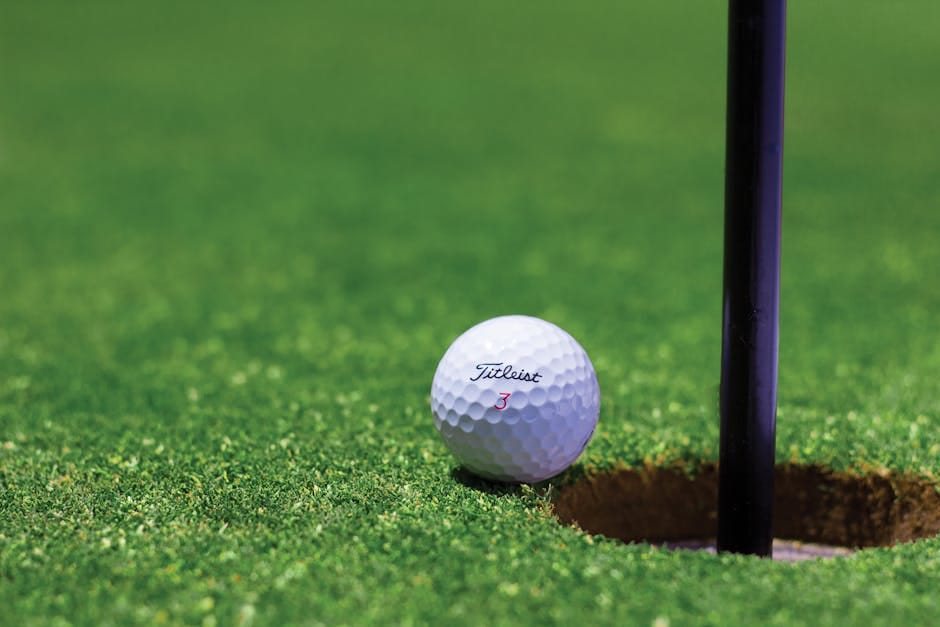Golf clubs are the tools of the trade for golfers of all levels. Choosing the right clubs can significantly impact your performance on the course, whether you're a seasoned pro or just starting out. This comprehensive guide will delve into the different types of golf clubs, their uses, and how to select the best clubs for your swing.
**Types of Golf Clubs**
Golf clubs are classified into different types based on their design and intended use:
* **Drivers:** Used for long-distance shots off the tee. They have the lowest loft and largest clubheads.
* **Fairway Woods:** Similar to drivers but with higher lofts and smaller clubheads. They are used for longer approach shots.
* **Hybrids:** A combination of woods and irons, hybrids offer versatility and forgiveness. They can replace long irons or fairway woods.
* **Irons:** Used for medium-range shots, irons have numbered heads (3-9) indicating their loft and distance.
* **Wedges:** Specialized clubs designed for precise shots around the green. They include sand wedges, pitching wedges, and lob wedges.
* **Putters:** Used for rolling the ball on the green. They have a flat face and are typically the shortest club in the bag.
**Selecting the Right Golf Clubs**
Choosing the right golf clubs depends on several factors:
* **Swing Speed:** The speed at which you swing the club determines the shaft flex and clubhead weight.
* **Handicap:** Your handicap provides an indication of your skill level and the forgiveness you need in your clubs.
* **Course Conditions:** The type of course you play on (long, short, hilly, etc.) influences the clubs you should have.
* **Personal Preferences:** Ultimately, the best clubs for you are the ones that feel comfortable and produce consistent results.
**Fitting Your Clubs**
Getting fitted for golf clubs is highly recommended to ensure they are properly tailored to your swing. A professional club fitter will analyze your swing, measure your body dimensions, and recommend clubs that optimize your performance.
**Maintaining Your Golf Clubs**
Proper care and maintenance of your golf clubs will extend their lifespan and improve their playability:
* Clean your clubs regularly to remove dirt and debris.
* Check the grips for wear and tear and replace them as needed.
* Store your clubs in a dry, temperature-controlled environment.
* Have your clubs inspected by a professional regularly for any necessary adjustments or repairs.
By understanding the different types of golf clubs, their uses, and how to select and maintain them, you can equip yourself with the tools you need to improve your game. Remember, the right clubs can make all the difference in your performance on the course.

